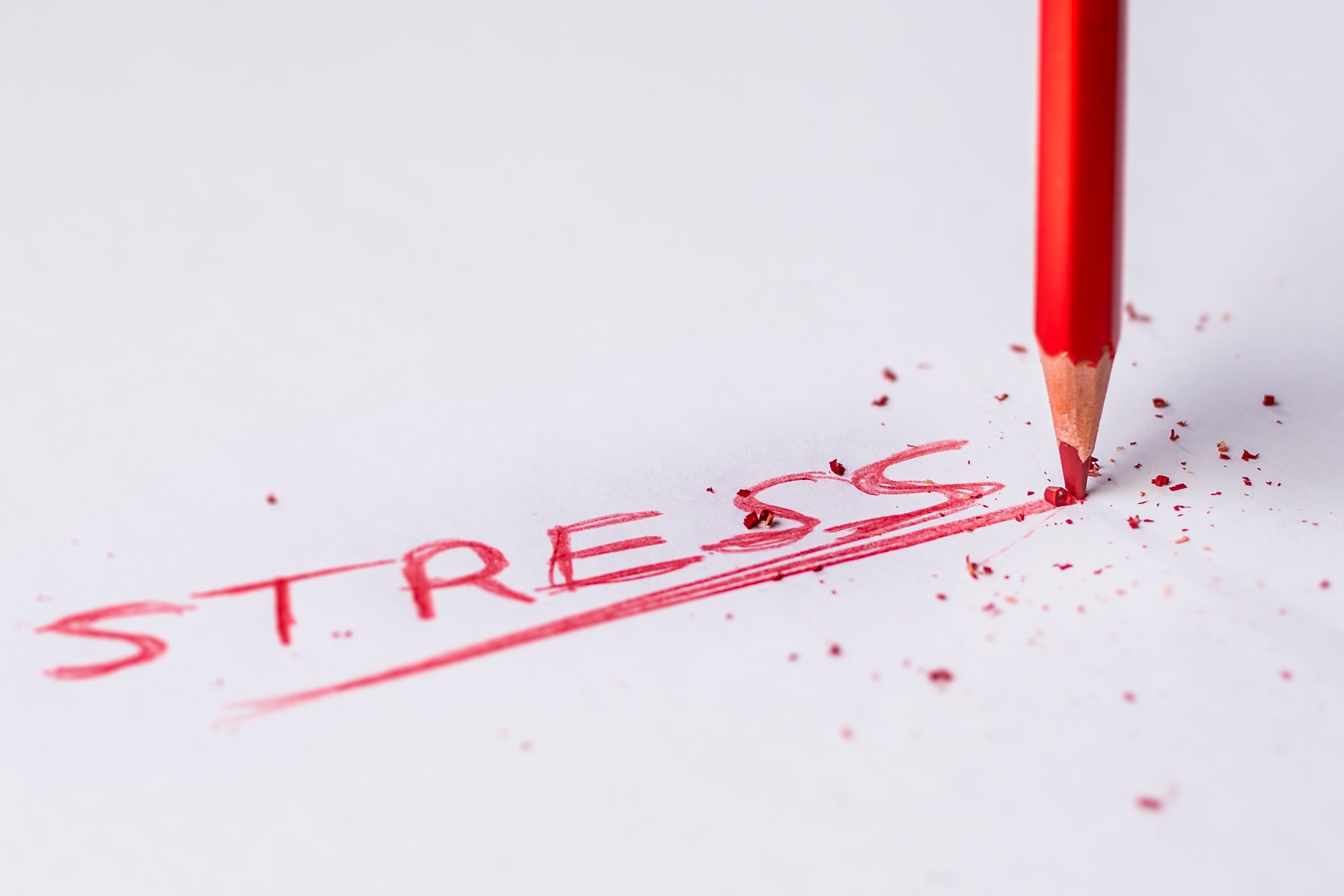Making Skillful Choices About Stress
Monday, September 24, 2018
|

Stress is universal, an inevitable part of life, and often harmful to our health and well-being. We even experience stress when something desired or exciting is about to occur in our lives! Whether brought on by an adverse external trigger or something eagerly anticipated, the stress response and impact on our bodies and well-being can be the same. But we don’t all react the same way to stress, even to the same stressor. So why is it that some people are more impervious to stress than others? Can you learn how to buffer yourself from the impact of stress? The answer is YES! But it will require changing your relationship with stress.
When we believe stress is harmful to our health or see it as universally negative, we are more likely to suffer the consequences of stress, including premature death and disability. In contrast, when we see stress as a challenge … as an opportunity to grow or become stronger and more resilient, the cascade of physiological events negatively correlated with stress is substantially reduced.
For example, when we climb a few sets of stairs and our body responds by increasing our heart rate, changing our breathing to get more oxygen, and pumping blood to our big muscle groups, we don’t pause and panic about what is happening in our body (or worse blame ourselves for being so reactive). We expect it and understand that it is helpful to accomplish the task. But when we are stressed about schedules or time or tests or relationships and our bodies react, we tend to see this reaction negatively and unwanted or we displace this reaction or make unhealthy choices (note: this only makes it worse).
I’m not suggesting the stress of clinical practice can be washed away with a slight change in perspective. But I am wondering what might happen if each day is taken on its own, unfolding as it will, without thinking too far ahead or too far behind. What would it be like to approach both the wanted and unwanted events of practice as challenges, as resiliency building blocks? What would it be like to notice stress showing up in your body and respond to it kindly, as your body trying to help you, and then make skillful choices about how best to respond to it.
Dr. Kelly McGonigal, a health psychologist and expert in stress research, explains this in her TED talk (link below) and further describes how connecting with others when under stress creates resilience.
https://www.ted.com/playlists/315/talks_to_help_you_manage_stres
